Staff Editorial: Independent student journalism is crucial
Texas A&M University President Katharine Banks gave A&M’s student-led newspaper, “The Battalion,” an ultimatum on Feb. 10 to either cease the printing of their weekly newspaper or lose their campus resources, including their office space on campus and their faculty adviser. After backlash from journalists, Texas A&M students and alumni, Banks allowed “The Battalion” to continue printing through the 2022 spring semester with the requirement that they cease afterward.
Stopping the printing of “The Battalion” may seem like a minute issue as news consumption is moving primarily online, but because Banks made the decision without any student input, it can seem like a power move to control the paper. To ensure the public can consume free information and that students can fully learn about the journalism field, student newspapers and other publications should be allowed to make their own decisions regarding print and publishing independently.
Freedom of the press is a right guaranteed by the First Amendment, yet student journalists run into the issue of censorship all the time because of a 1988 court ruling, Hazelwood v. Kuhlmeier, which allows school administration to prior review and censor stories they deem inappropriate. This hinders the rights of student journalists and also restricts what the public sees.
Student journalists have an important role in reporting local issues. Many topics that may be too small for larger news stations to cover are covered by student journalists. Most university-related topics are covered solely by its school newspaper, and students have the advantage of being involved in school and smaller local issues, giving them a bit of an inside scoop. If students are not able to practice journalism free of prior review and possible censorship, the public loses access to unfiltered information and their voice in the matter dwindles.
Independent journalism is also important in order for prospective journalists to learn. It is difficult for a teacher to cover every situation a reporter in the industry may face without hands-on experience. If students are worried their stories will be censored, they may not strive to write complicated or possibly controversial stories. This prevents them from being able to experience and problem-solve the more difficult parts of the profession.
Because many administrators in high schools and colleges don’t have a background in journalism, they may censor stories just to protect themselves or their school with no regard for information important to the public. This adds an extra layer of responsibility on administrators to read every story and decide what is appropriate and not. It should not be up to them though to decide what can or cannot be published. There is a reason all publications have an adviser who has knowledge of the journalism field. Advisers should be trusted to filter what stories are appropriate or not without the bias of protecting the school.
Allowing publications to publish freely may seem absurd to an administrator or campus stakeholder, but with the newfound power of an independent newspaper also comes the responsibility of practicing ethical journalism. If the publication messes up in any way, the consequences will fall on them and not the school or district administration. If student journalists have the same rights as professionals, they also must abide by the same rules as professionals. This means students cannot libel anybody or post obscenities, and they must understand how to work under the journalist code of ethics. Information that is published is not blindly published either, as it goes through many levels of editing. When editing, it is the writer and editor’s responsibility to fact-check everything to guarantee no mistakes are published.
Right now, student journalists do not experience the same rights as professional journalists, but that does not mean rights can’t change. A student-led organization, “New Voices,” is working to get state legislation passed across the nation to overturn Hazelwood v. Kuhlmeier. Although this may not have prevented what happened with “The Battalion,” hopefully this legislation will allow student journalists to publish what they feel is important.
Independent journalism is just as important in schools as it is with professional journalism. Students should be able to fully experience the field of journalism without the fear of censorship before choosing it as a career, and the public should have access to information.

Senior Kate Knauff is the news section editor and this is her third year on staff. She enjoys drinking coffee, hanging out with her friends and watching...



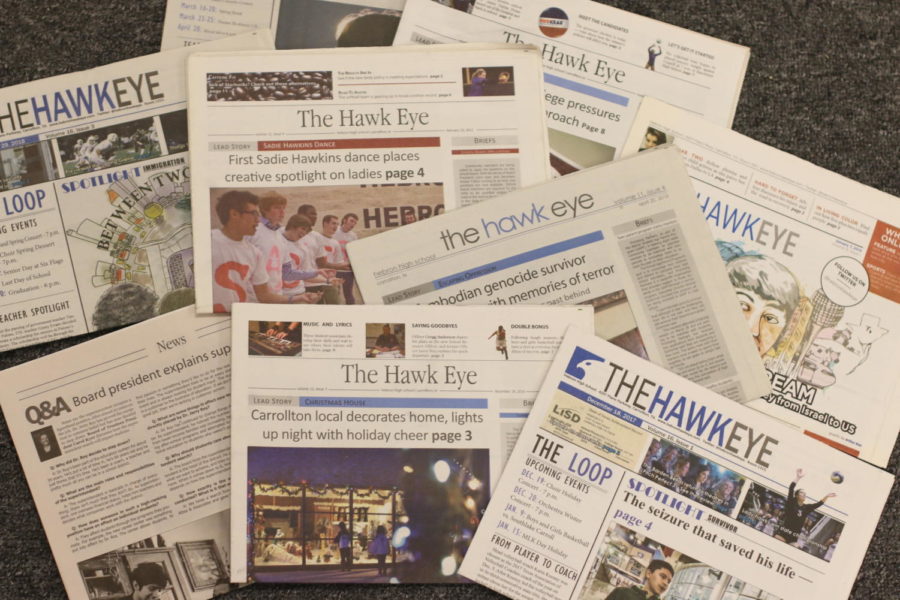



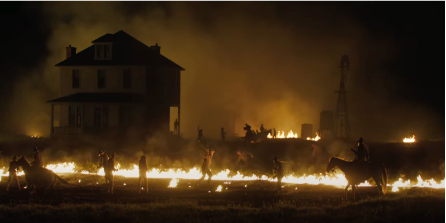

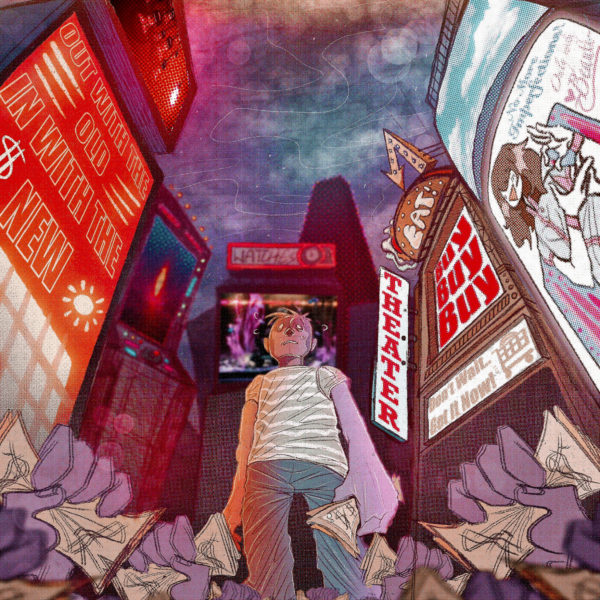
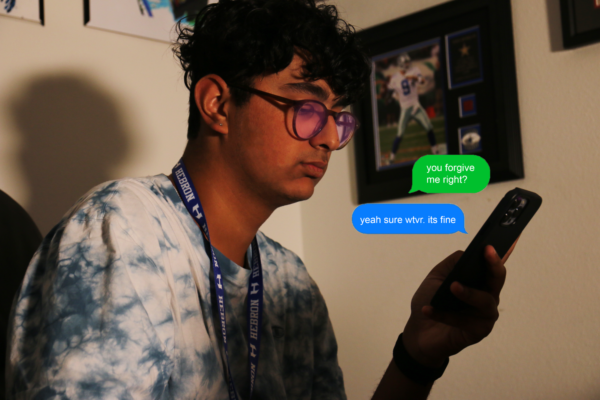
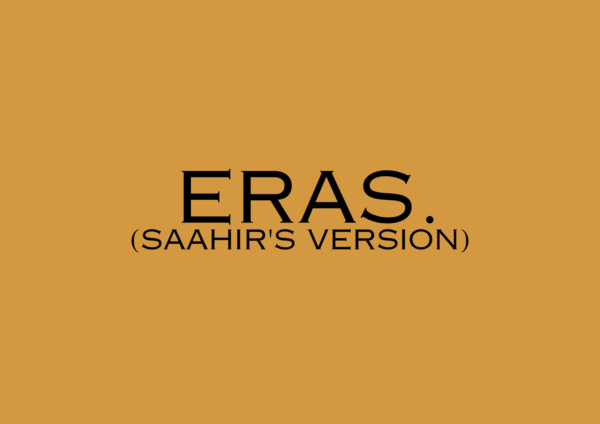
![Junior Chase Harris watches JJ Hatcher’s family being recognized on the field. Harris and Hatcher were close friends, playing baseball together since they were kids and playing football together in high school. “[The game] makes me sad,” Harris said. “But it definitely feels really good because [JJ] will be there in spirit and be with us, cheering us on and running alongside us.”](https://www.hebronhawkeye.com/wp-content/uploads/2023/08/IMG_2267.JPG_YES-600x400.jpg)
